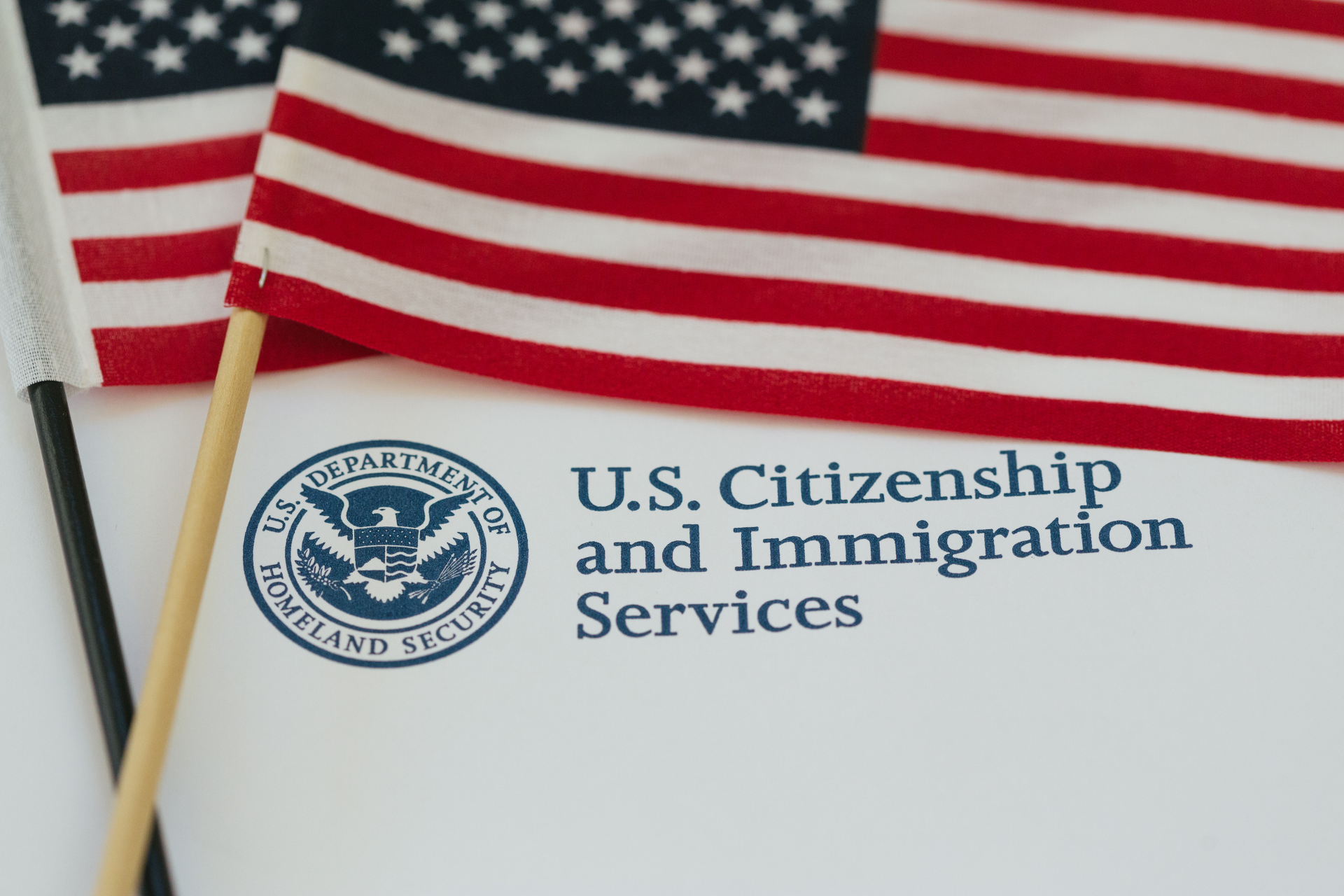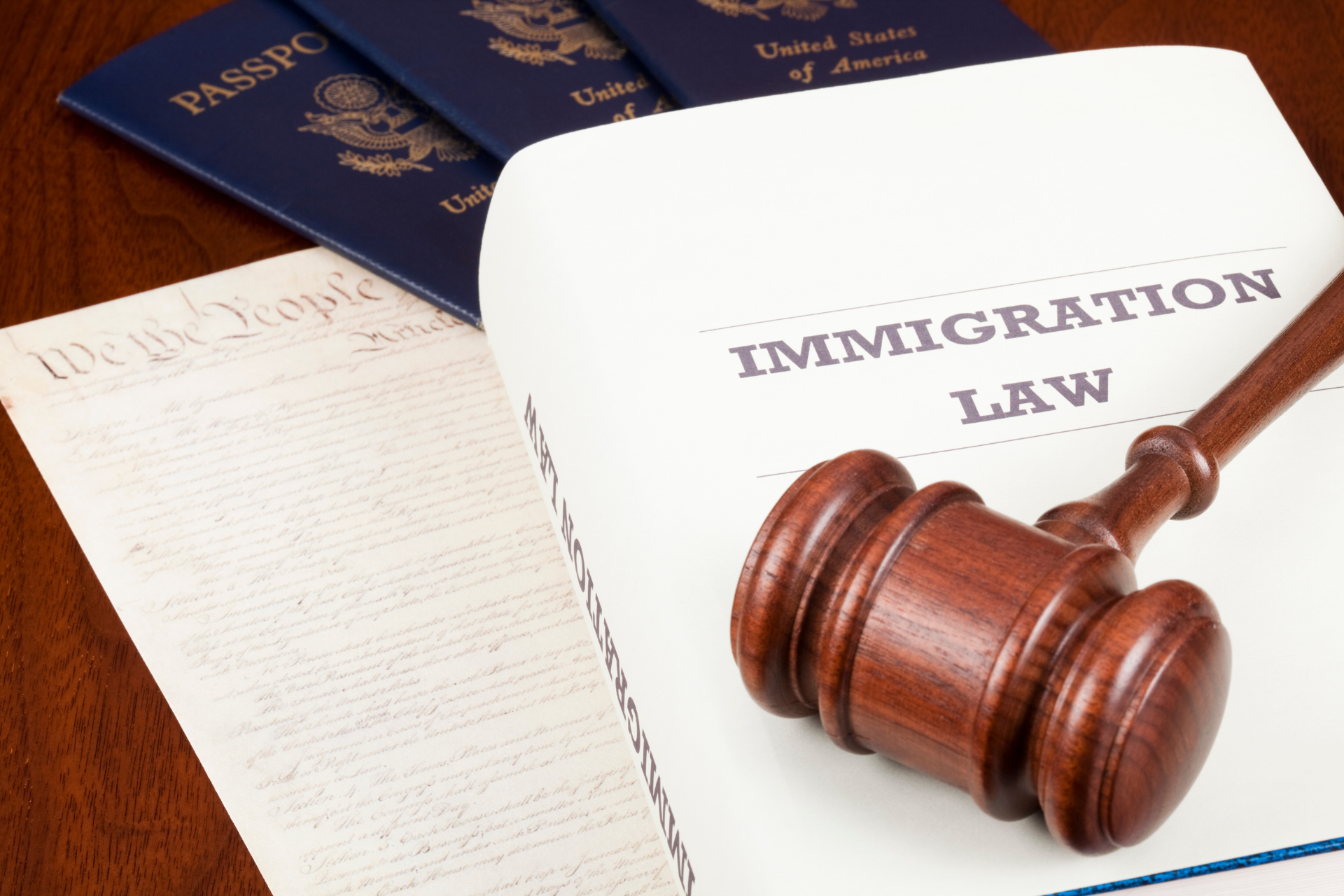offices in Miami & the Greater Los Angeles area
We help families secure their immigration legal status so they can live, work, and prosper in the U.S.
Adjust your status to become a permanent U.S. resident without leaving the country.
Meet Your Attorney
Gabriela M. Pinto Vega
Ms. Gabriela M. Pinto Vega has over ten years of experience in Immigration Law. Ms. Pinto Vega’s professionalism, strong work ethics, and effective advocacy skills have translated into successful results and client satisfaction.
Ms. Pinto Vega was born in Arequipa, Peru. An immigrant herself, she arrived in the United States at the age of twelve years old and legalized her status as a derivative beneficiary of a parent employment-based petition.
Our Values
At GPV Immigration Law, APC, we are committed to providing compassionate, honest, and dedicated legal representation. With over ten years of experience, we prioritize integrity, excellence, and personalized attention to meet your unique needs. Our supportive and understanding approach helps build strong, positive relationships within our community. We are your trusted partners in navigating the immigration journey with confidence and hope.
Customer Testimonials on Google
3
reviews
Imelda C.
Lui97 L.
Unisa C.
Rudy M.
Grant S.
Fufa W.
Diana Y.
Nes N.
Eslam A.
Leandro V.
Erick I.
Diomar (.
Prosperwithtg R.
Eduardo A.
Daniel R.
Monica K.
Rafael H.
Luis R.
Maria P.
Edwin P.
Nancy M.






